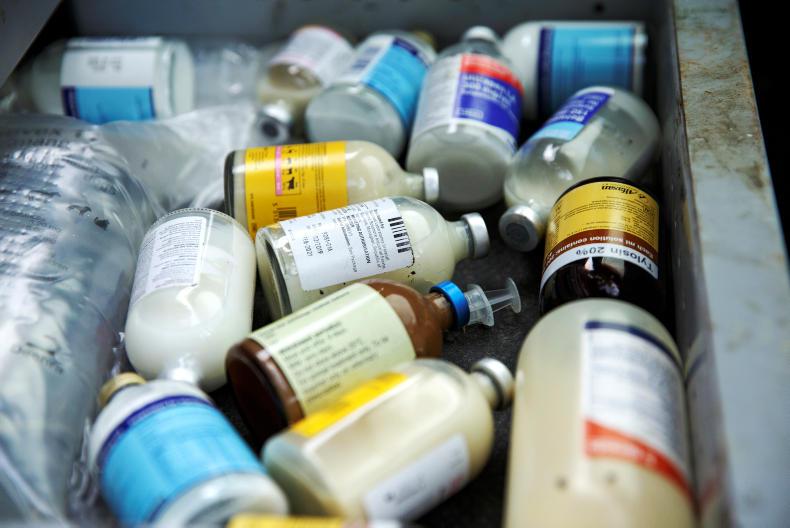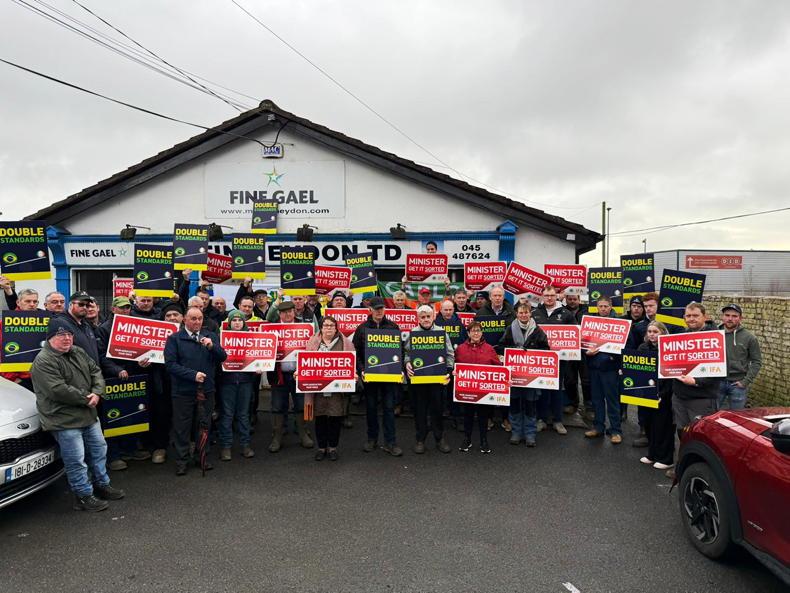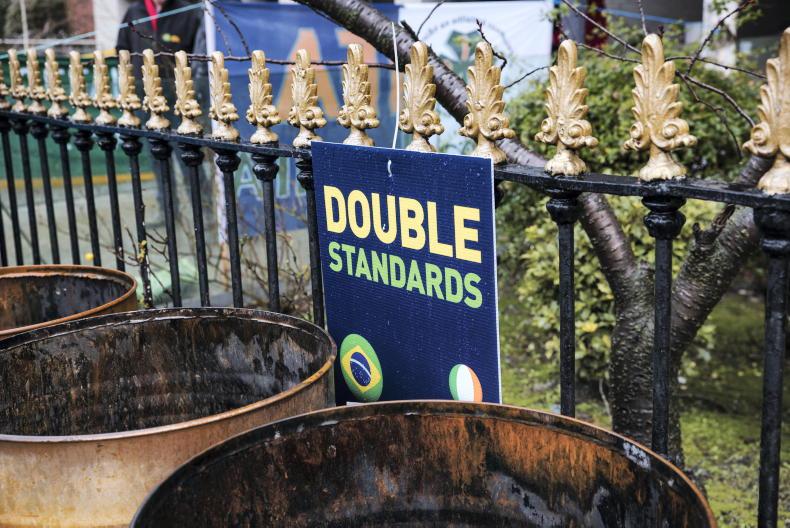Last week it was announced that Larry Goodman’s ABP Food Group is to acquire a 50% shareholding in Linden Foods in Northern Ireland. The move sees the last remaining farmer-owned beef and lamb processor on the island of Ireland effectively fall into private ownership. Linden Foods had previously been 100% owned by the farmer-controlled Fane Valley co-op.
The announcement of the latest ABP/Linden joint venture came as no surprise to the industry. It had been widely anticipated following the decision by the Competition and Consumer Protection Commission (CCPC) to grant approval for ABP to enter into a 50/50 joint venture with Linden Foods in the Republic for Slaney Foods. Approval for the joint venture was granted despite a campaign by the IFA highlighting the threat to farmers’ incomes from a lack of competition in an increasingly consolidated processing sector.
Despite IFA concerns, the sector is to consolidate further – in Ireland and Britain. The recent announcement that Dawn Meats is to acquire Dunbia’s slaughtering and processing facilities in the Republic, along with a controlling shareholding in its business in NI and Britain, gives ABP and Dawn huge influence on both sides of the Irish Sea.
As Phelim O’Neill and Lorcan Allen highlight, the two entities will control over 50% of the cattle and sheep kill in the Republic while in NI they will control 50% of cattle slaughterings and practically 100% of lamb slaughterings.
At present, 40% of NI lambs are slaughtered in the Republic. It will be interesting to see if ABP’s growing presence in the NI lamb market influences this trade – the majority of NI lambs imported into the Republic are slaughtered by ICM, which of course is now controlled by ABP.
In a hard Brexit scenario, it will certainly be of no comfort to farmers in NI to have their lamb market controlled by just two players.
Of course, given the importance of the British market for Irish beef exports and the link between the British and Irish farmgate price, we should also be conscious of the fact that ABP and Dawn will have control of over 40% of the British cattle kill.
The challenge for farmers is how they respond to further consolidation. Given its track record, few farmers will have any real confidence in the CCPC protecting farmers. But perhaps there is a better route. There is a strong argument that larger, more efficient processors are good for the industry in that they can extract more value from the market in terms of processing efficiencies, better routes to market and the ability to invest in research and development. All will be important if we are to extend the reach of Irish beef into markets such as China.
Of course, this argument falls down when we consider the sheer lack of transparency as to who is harvesting the margin within the supply chain. With such a control over the market, it is not tenable for the Government or Brussels to allow the fortunes of rural Ireland be controlled by two privately owned companies where there is no insight into the level of margins being achieved.
With consolidation must come increased transparency – not just in finances but also around market returns and processing practices, particularly in relation to carcase grading and trim. In the beef forum, we were promised an equivalent to the dairy PPI for the beef sector to give farmers greater insight into market returns along with increased oversight on carcase trim at meat plants. The Department and Bord Bia have failed to deliver – once again proving the beef forum to be merely a political mudguard used during a time of crisis for those who are meant to be leading the sector.
With the level of consolidation taking place, farmers have a legitimate case to demand legislation that delivers price and processing transparency. On grading and trim, the imaging technology is available to monitor activity on the processing line and for these to be checked either in real time or retrospectively.
The results of noncompliance in these areas should be made public, as should the weekly kill at each factory. Aligned to this, legislation similar to what is in place in the US needs to be introduced to force factories to give daily market information on the price of beef cuts and offal, and the volume of stock in storage. If there is nothing to hide, no one should have anything to fear from giving farmers more insight into the processing sector and market returns.









SHARING OPTIONS